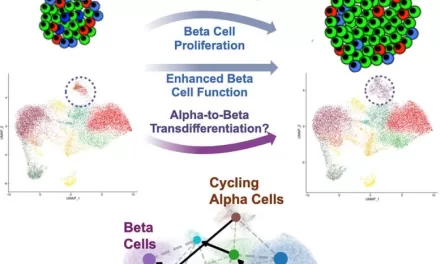Pune, India – Gennova Biopharmaceuticals Ltd., a subsidiary of Emcure Pharmaceuticals, has announced a significant advancement in its efforts to combat the deadly Nipah virus. The company has secured US$13.38 million in funding from the Coalition for Epidemic Preparedness Innovations (CEPI) to develop a self-amplifying mRNA (saRNA) vaccine candidate.
This critical initiative will involve a collaboration with the U.S.-based Houston Methodist Research Institute (HMRI), also a CEPI partner. The partnership aims to leverage cutting-edge AI technology to identify and optimize potential Nipah vaccine targets.
Key highlights of the development include:
- Funding: CEPI’s funding of US$13.38 million will support Gennova in advancing its saRNA vaccine candidate through preclinical and phase 1 clinical trials, which will be conducted in India.
- Technology: The project will utilize saRNA technology, which has the potential to enhance the immune response. Furthermore, AI technology from HMRI will be used to optimize viral protein properties, increasing their effectiveness as vaccine targets.
- Nipah Virus: The Nipah virus is a highly dangerous pathogen with a high mortality rate. There are currently no approved vaccines or therapeutics for human use.
- Global Health Security: This development is seen as a significant step towards strengthening global health security, particularly in regions prone to Nipah outbreaks.
- CEPI’s Role: CEPI is leading efforts to develop Nipah vaccines, having committed over US$100 million to Nipah programs.
Dr. Sanjay Singh, CEO of Gennova Biopharmaceuticals, emphasized the importance of this collaboration, stating that it represents a “significant advancement in the fight against the Nipah virus.” He also highlighted the company’s commitment to ensuring equitable access to the vaccine.
Dr. Kent Kester, Executive Director of Vaccine Research and Development at CEPI, said “Gennova’s work will not only help establish the suitability of the saRNA platform for use against Nipah but also its suitability as part of a wider group of RNA technologies that could enable rapid responses to future Disease X threats, potentially within 100 days of identification.”1
Disclaimer:
- It is important to note that vaccine development is a complex and lengthy process. While this funding and collaboration represent a significant step forward, there is no guarantee that a successful vaccine will be developed. Clinical trial results and regulatory approvals are required before any vaccine can be made available to the public.
- Information provided here is based on currently available reports, and medical information can change. Readers should consult with healthcare professionals for accurate and up to date medical advice.
(https://indianexpress.com/article/cities/pune/gennova-biopharmaceuticals-us-13-38-million-funding-nipah-virus-vaccine-9917921/)












